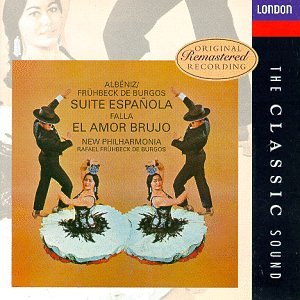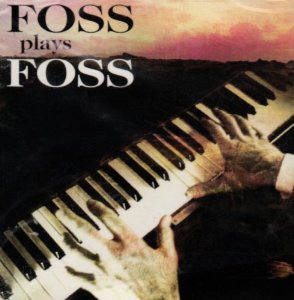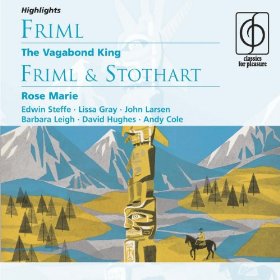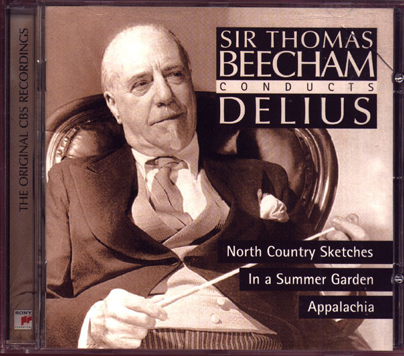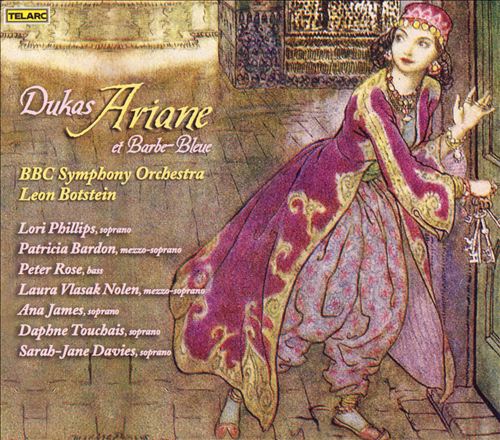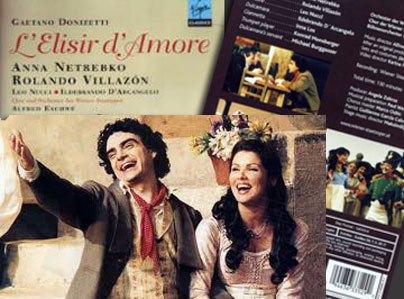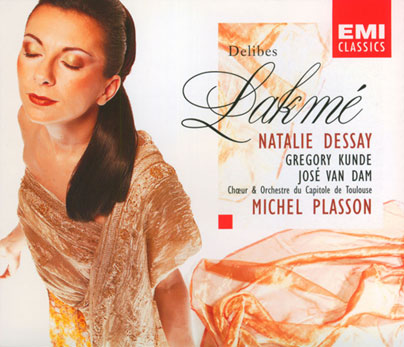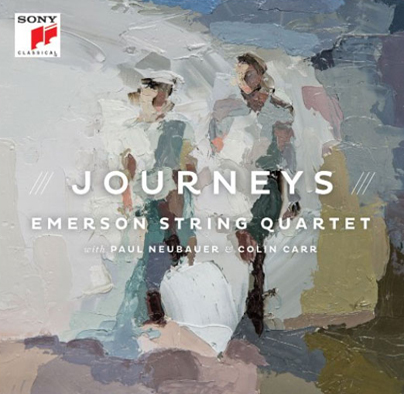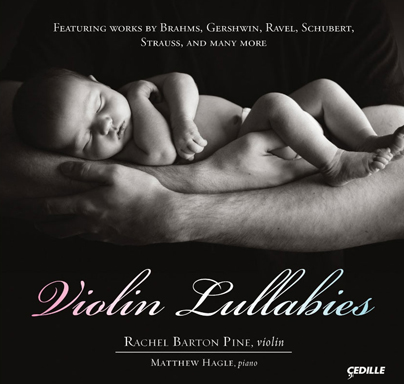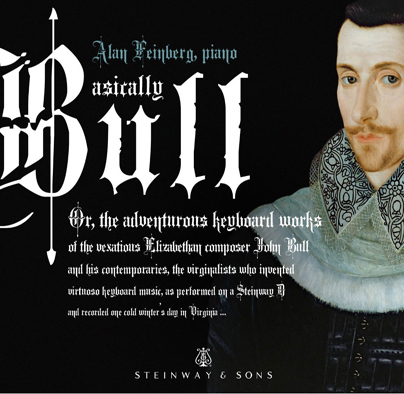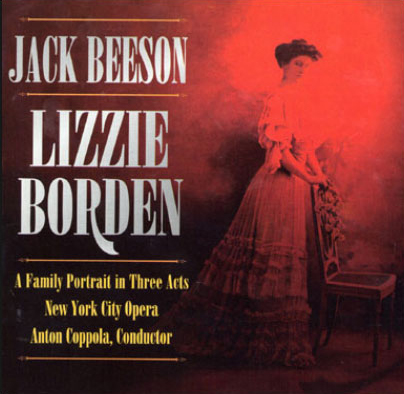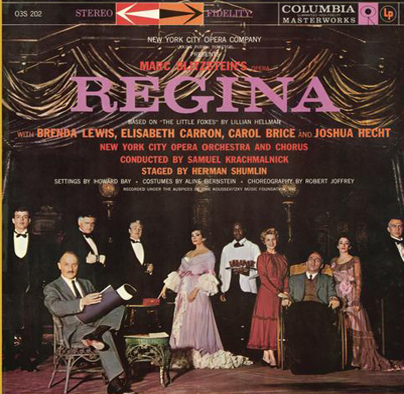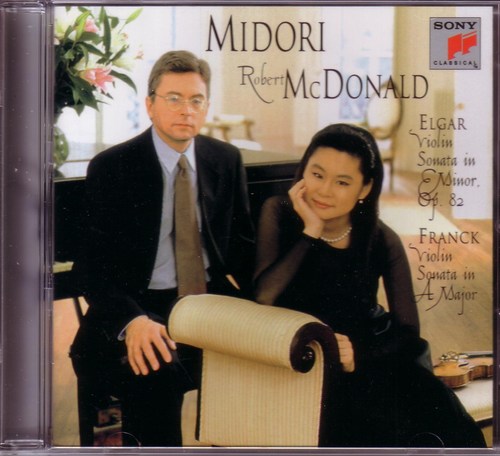
Midori and Robert McDonald perform two violin sonatas: Sonata for Violin and Piano in E minor, Op. 82 by Sir Edward Elgar, and
Sonata for Violin and Piano in A major, by César Franck. Two important late-romantic works for these instruments. Aside from the Symphony in D minor, which has become a staple of the concert hall, the Violin Sonata (1886) is Franck’s best-known work, and rightly so: It is a superb synthesis of Franck’s own uniquely rich harmonic language and thematic cyclicism and the Viennese Classical tradition that he came to hold so dear in the later stages of his career. Elgar’s Violin Sonata, written in 1919, quickly became recognized in England and throughout Europe and America for the masterpiece it is. Cast in three movements, the work features a lovely Andante — viewed as the emotional centerpiece of the work — framed by two mostly lively movements that brim with energy and color, while exhibiting a deft sense for contrast.

